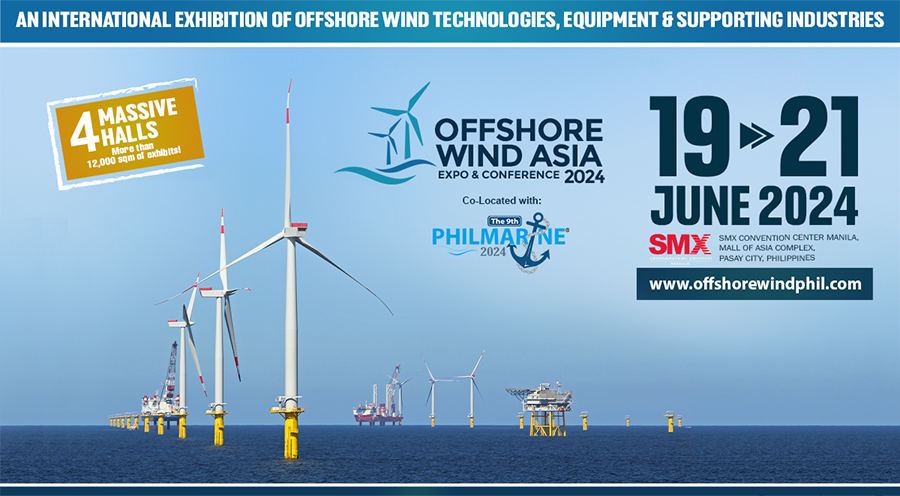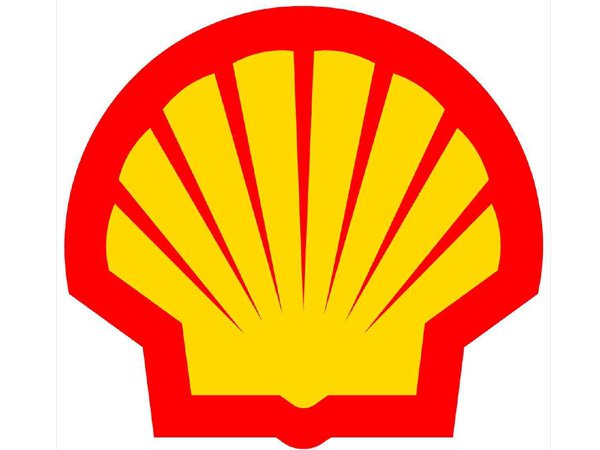Multinational energy giant Royal Dutch Shell has expressed that further enhancements and substantial cost reductions are necessary before hydrogen can make significant progress and be commercially viable in the energy market.
In a report by the Manila Bulletin, the chief energy adviser of Royal Dutch Shell, Peter Wood, highlighted the challenges of commercializing hydrogen in their ‘Archipelagos Scenario’ report, saying that the high cost of hydrogen remains a significant hurdle that needs addressing, and it is uncertain if people will be willing to pay for it at its current price.
According to market data, the current cost of hydrogen stands at a prohibitive range of $5 to $10 per kilogram, equivalent to $50 per million British Thermal Units (BTU) for gas pricing.
Wood added that in order for hydrogen to become cost-competitive for consumers, the price needs to decrease to around $1.0 per kilogram. This target price range is what many people are aiming for and should be maintained or surpassed.
Shell is currently constructing a 200-megawatt (MW) electrolyzer in Rotterdam in the Netherlands, poised to become the largest facility of its kind in Europe. This major undertaking is expected to drive the adoption of hydrogen as a pioneering technology in the power markets.
The Shell chief energy adviser highlighted the vast potential of hydrogen, stating that the company is actively marketing it and assessing its market demand. With applications in heavy marine and road transport, as well as in various industries for the production of green ammonia, methanol, and other chemicals, the possibilities for hydrogen are immense.
He further explained that in Shell’s ‘Sky Scenario,’ which examines energy market challenges, the initial projection anticipated a more rapid penetration of hydrogen into the market. This was based on assumptions of accelerated cost reduction and innovation driving down costs.
However, considering the geopolitical and economic challenges outlined in Shell’s ‘Archipelagos scenario,’ the progress of hydrogen adoption would be slower. Costs would gradually decrease, and the premium for green fuel would not rise rapidly.
In Shell’s projected scenarios, both Sky and Archipelagos, hydrogen emerges as the preferred fuel for long-distance heavy freight road transport. They anticipate the commercial deployment of hydrogen trucks by the later part of this decade.
In terms of demand, Shell predicts that in the 2040s, hydrogen growth will reach two exajoules (EJ) per year under the Sky scenario, which is five times higher than the growth rate projected in the Archipelagos scenario.
In the Philippines, power producers in the country have aimed to retrofit their gas plants for hydrogen, but the potential in this area may be limited to a blend of hydrogen in existing gas-fed fleets, ranging from 5 to 20%


